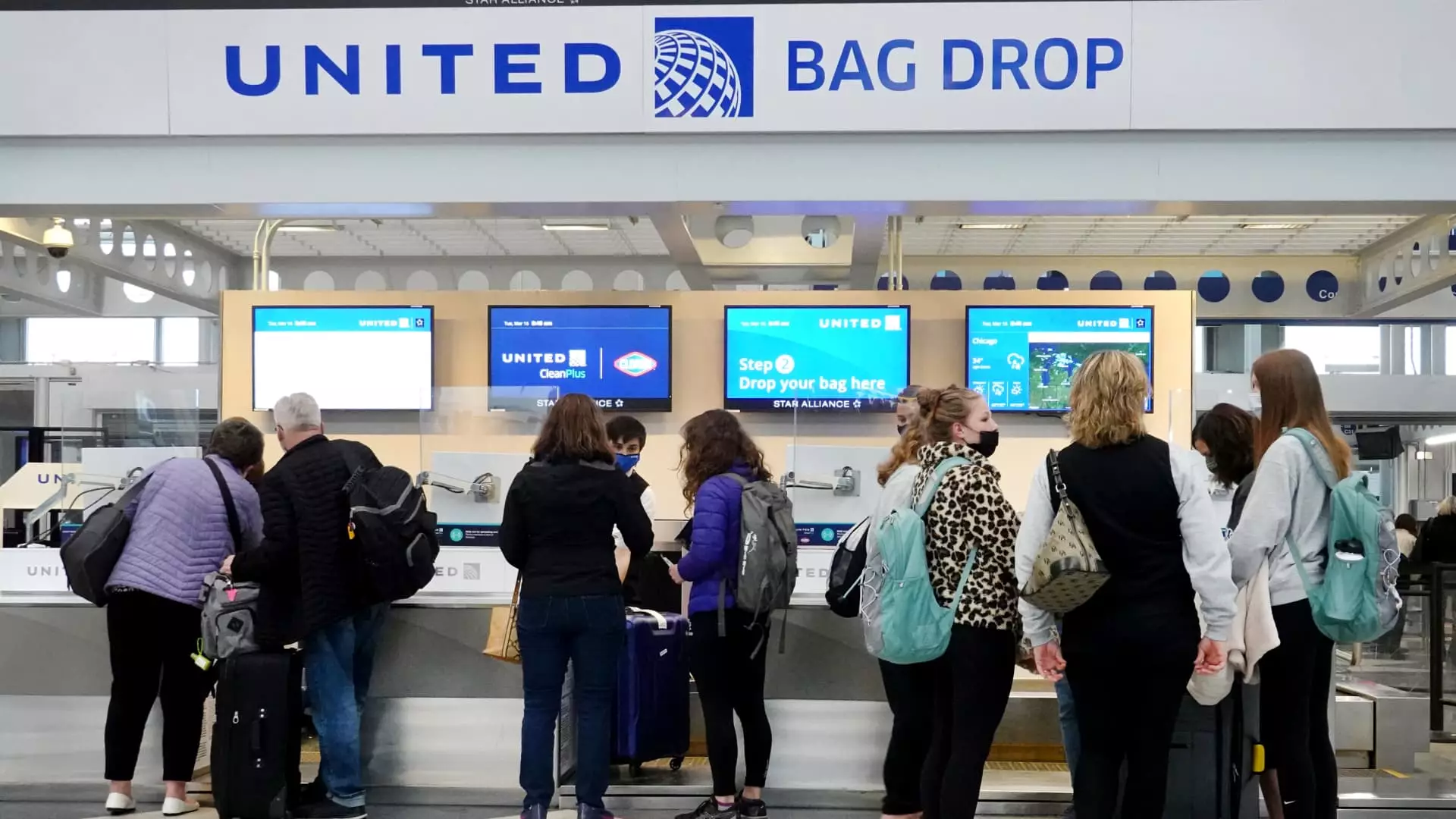The airline industry is no stranger to adjusting prices, especially when it comes to extra services like checking bags. In recent years, major carriers such as United Airlines, American Airlines, and JetBlue Airways have implemented price increases for checking bags. This has led to a two-tiered pricing strategy, where customers are charged more if they check their bags at the airport or close to their departure compared to paying for the service online in advance. This article will delve into the reasoning behind these price hikes and the impact they have on both customers and airlines.
Airlines have cited several reasons for raising bag fees, including higher costs associated with labor and fuel. These are among the biggest expenses for airlines, and they claim that the additional revenue from baggage fees is necessary to cover these increased costs. JetBlue, for example, stated that adjusting fees for added services that only certain customers use allows them to keep base fares low and offer other amenities like seatback TVs and high-speed Wi-Fi for free to all passengers.
The two-tiered pricing strategy adopted by airlines is also aimed at incentivizing customers to pay for checked bags ahead of time. By doing so, airlines argue that it frees up employees at check-in areas and helps travelers get to their gates faster. There are exemptions to these fees, such as for customers with certain airline or rewards credit cards, those traveling in a top-tier class, or elite frequent flyers. These customers generally get to check at least one bag for free on domestic or short international flights.
Impact on Operations
One of the primary reasons for encouraging customers to pay for checked bags online in advance is to streamline operations. This approach has been adopted by ultra-low-cost airlines and has been found to incentivize travelers to get the transaction out of the way early. It not only benefits customers by making their check-in process smoother but also allows airlines to allocate their resources more efficiently.
Frontier Airlines CEO Barry Biffle mentioned that the tiered pricing system incentivizes customers to pay ahead of time, which ultimately benefits both the passengers and the airline.
Southwest Airlines’ Approach
Southwest Airlines stands out among major U.S. carriers by allowing customers to check two bags for free. This approach, according to Chief Operating Officer Andrew Watterson, helps streamline operations and ensures that aircraft turnaround times are efficient. While other airlines have raised prices for checked bags, Southwest maintains its customer-friendly policy, which they believe fosters loyalty and encourages repeat business.
The recent price increases for checking bags on airlines have stirred debate among customers and industry experts alike. While airlines argue that these fees are necessary to cover rising costs, customers are left navigating the complex pricing structures and exemptions. It is essential for travelers to understand the pricing strategies employed by different carriers and plan accordingly to avoid unnecessary expenses. As the airline industry continues to evolve, it remains to be seen how these pricing changes will impact customer behavior and airline profitability in the long run.

Leave a Reply